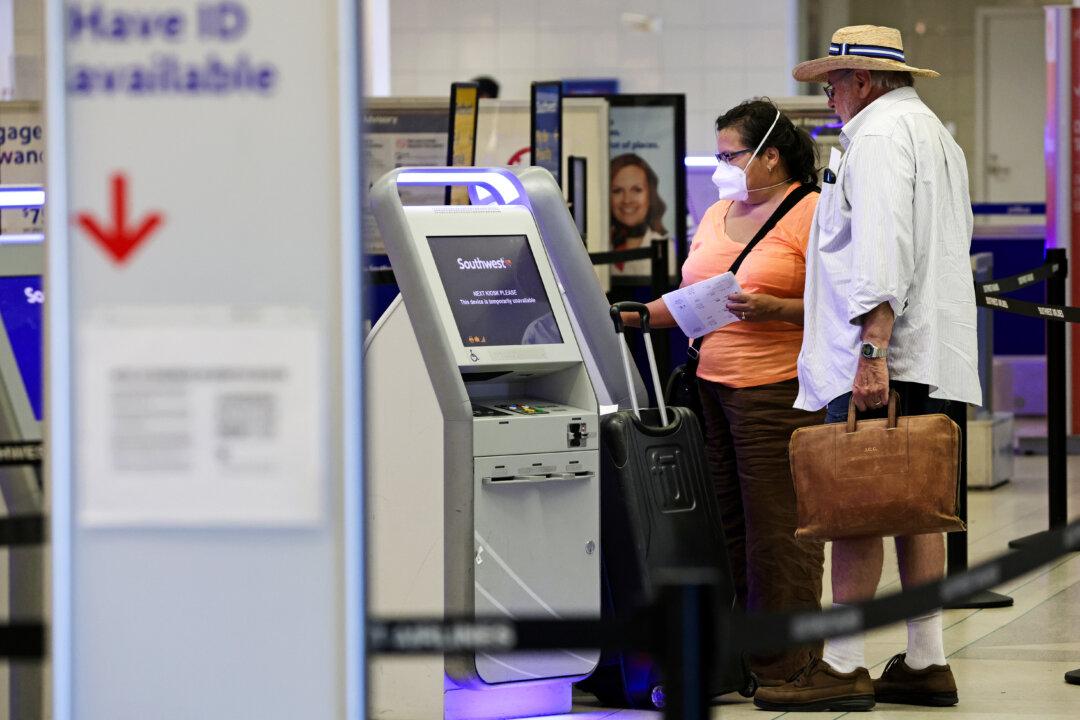Health authorities warned that a traveler going through the Philadelphia International Airport may have exposed others to the measles virus late last week.
The potential measles exposure occurred on Friday, May 31, 2024, from 2:50 p.m. to 6 p.m. local time in the Federal Inspection Area inside the airport’s Terminal A West, said the Philadelphia Health Department.





